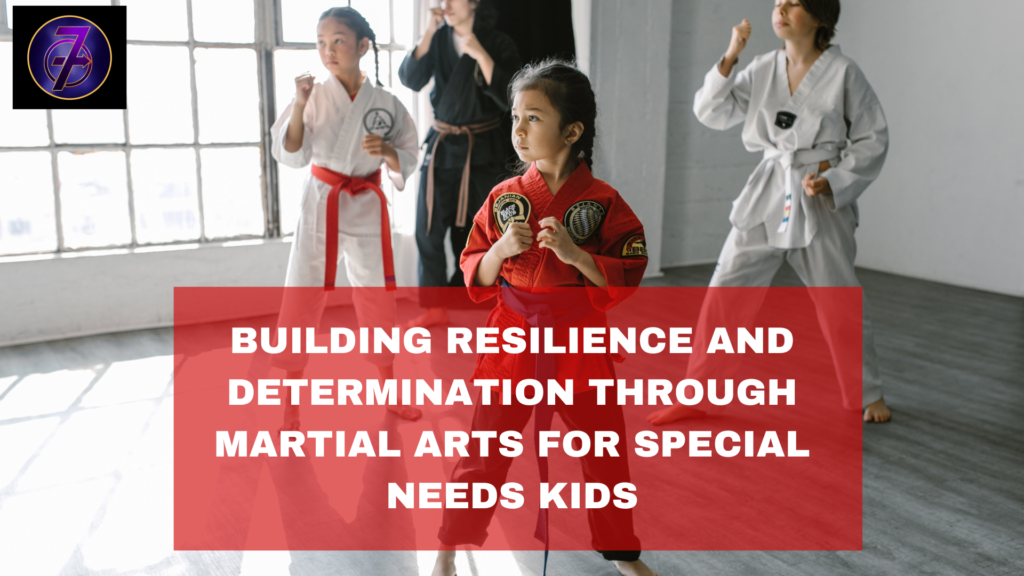
Every child possesses an innate potential and a reservoir of strength that, when tapped into, can lead to remarkable growth and achievements. For children with special needs, finding avenues to channel their energy and build their confidence can be particularly challenging. Enter martial arts – a discipline that equips one with self-defense techniques and offers invaluable life lessons. For special needs children, martial arts can be the bridge to developing resilience, determination, and an empowered sense of self.
1. Structured Learning Environment:
Martial arts classes provide a structured learning environment. Consistent routines and repetitive practices can benefit special needs children, offering them stability and predictability. When practiced regularly, the physical exercises and techniques also aid in motor coordination and muscle tone enhancement.
2. Focus on Individual Progress:
Unlike many team sports, martial arts focuses on individual progress. This allows children with special needs to move at their own pace, reducing feelings of pressure or inadequacy. Celebrating small victories, like mastering a new move or advancing to a new belt color, boosts self-confidence and self-worth.
3. Fostering Discipline and Determination:
The essence of martial arts lies in discipline. Children learn the importance of regular practice, consistency, and perseverance. These qualities, when instilled, can help special needs children face challenges in other areas of their lives with incredible determination and tenacity.
4. Encouraging Social Interactions:
Martial arts classes are communal. They allow special needs children to interact with peers, learn teamwork during group drills, and develop essential social skills. The inclusive environment of many martial arts dojos ensures that every child feels accepted and valued.
5. Enhancing Emotional Control:
One of the core tenets of martial arts is control – not just physically but emotionally. Through meditation, controlled breathing, and understanding the power of restraint, children learn to manage their emotions better, which benefits those with emotional and behavioral challenges.6. Instilling Respect and Humility:
A dojo is a place where respect is paramount. Bowing to the instructor, or ‘sensei,’ and fellow students is a practice in humility. For special needs children, this teaches them respect for others and encourages mutual respect toward them.7. Achieving Mastery Over Self:
At its core, martial arts isn’t about fighting others but mastering oneself. For special needs children, this journey of self-mastery can be life-changing. Every punch, kick, and block they execute is a testament to their power and capability, shattering preconceived limitations.Conclusion
Martial arts offers a holistic approach to personal development. It can catalyze transformative growth for special needs children, shaping them into resilient, determined, and empowered individuals. Every dojo becomes a sanctuary where they’re not defined by their challenges but celebrated for their strengths. And as they proudly wear their belts, they carry lessons and values extending far beyond the dojo’s walls.
